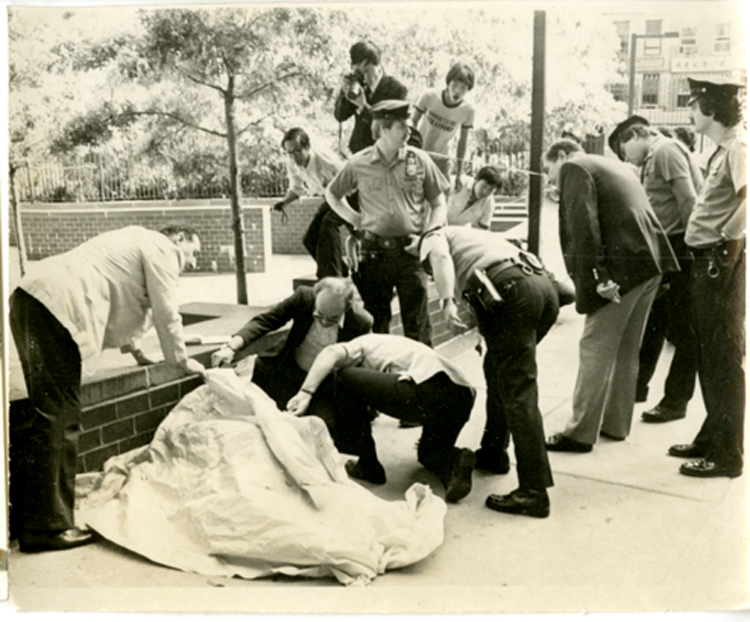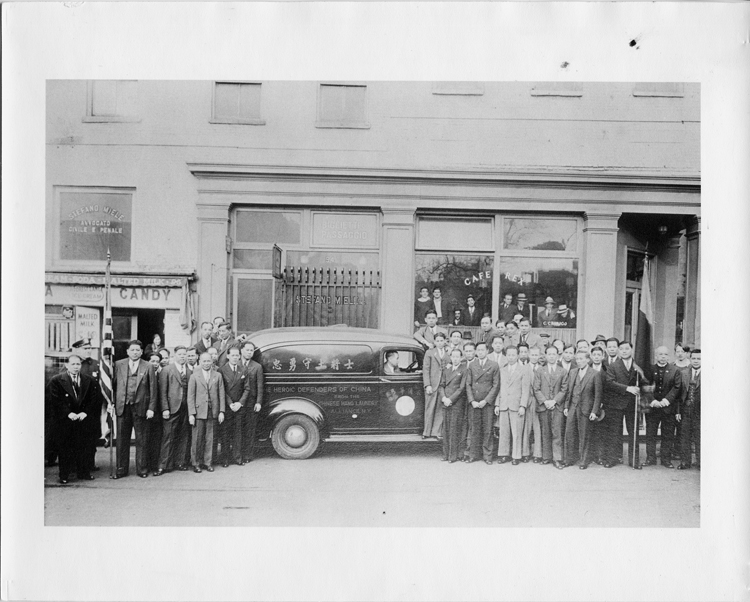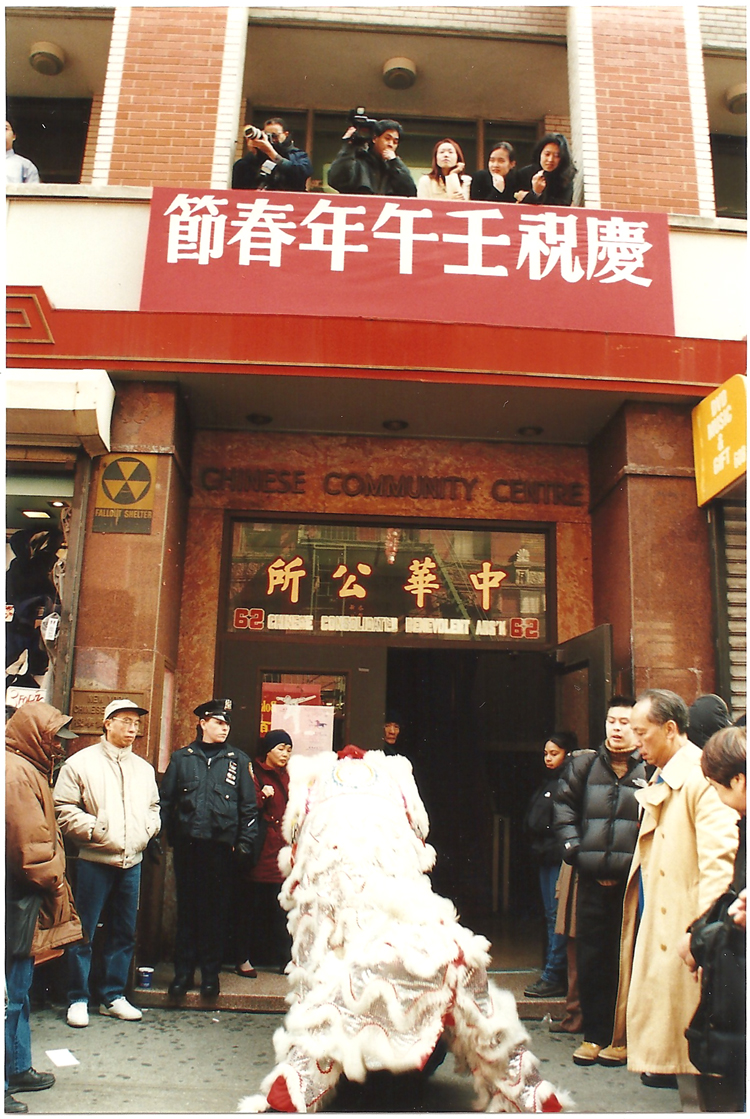In the late 1800s, the growing number of Chinese immigrants in the U.S. faced severe discrimination and violence from white Americans and the U.S. government. Requiring support, protection, and advocacy, volunteer benevolent associations began to appear in Chinatowns. Modeled after clans in China, the tongs were organized around hometown, family name, or native dialect. While these groups initially aided with immigrant issues such as housing, employment, and community disputes, the volunteer-run tongs had difficulty financing their community ventures, especially outside of their own membership. As a result, many tongs began to dabble in more profitable criminal activities. Prostitution and human trafficking, as well as gambling and opium, became common trades for the bachelor society gangs. Fights over territories and profits resulted in decades of bloody “tong wars.”
In the early years, the tongs hired “hatchet men” (boo how doy) to carry out hits and fight these turf battles. In New York, the Hip Sing tong and the On Leung tong were the most prominent groups. While the notorious turn-of-the-century tongs have mostly faded into history, their legacy continues in new generations of Chinatown gangs – throughout the 1980s, the Hip Sing-descended Flying Dragons engaged in turf wars with the On Leung-associated Ghost Shadows and the Division Street Boys. In the 2000s, Fujianese gangs like the Fuk Ching (“Snakehead”) smuggle immigrants for high prices and make up the majority of gang life in New York’s Chinatown. While American popular culture has painted the gang violence of Chinatowns as inherent to the “vile, foreign nature” of Chinese, tongs and present day gangs are plainly a result of the oppression suffered by Chinese Americans at the hands of systemic racial discrimination.


